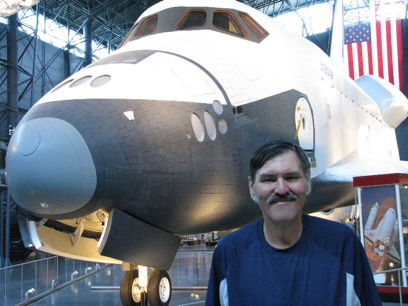Not sure where you get your information. Maybe you should do some research before you post.
These are the stat for 2016: https://www.spacelaunchreport.com/log2016.html#rate
Note that some vehicles may not have comparable sample size and as such, comparing them may skew findings.
If someone has better a better source, please post it.
Falcon 9 since it's debut in 2010 has had 28 successes out of 30 for a success rate of 93 percent. This is lower than Soyuz and the Space Shuttle. Space-X will need about 70 more perfect flights in a row to reach a success rate of 98 percent, a formidable task, indeed.
Last edited:





